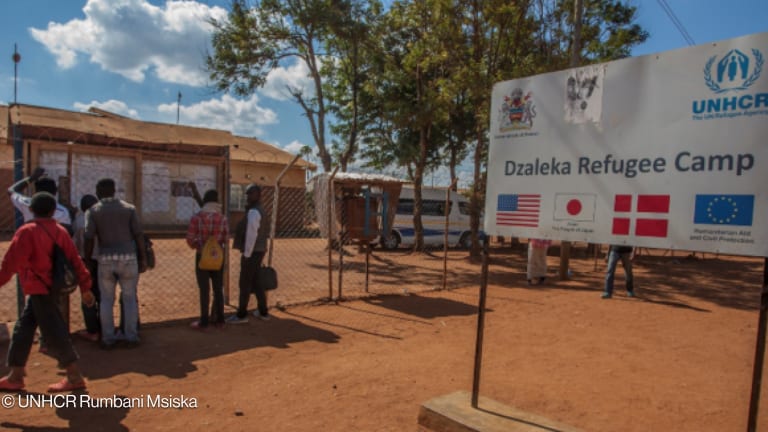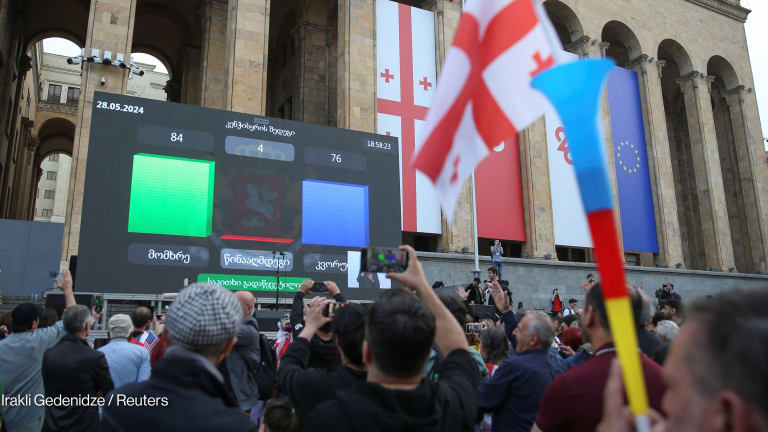
Delays in the formation of a new coalition government in Iraq could be impeding the delivery of much needed aid.
Baghdad-based analyst Hadi Jalo told IRIN that the delicate political situation since the Mar. 7 elections had “created a state of confusion in the international community and then a lack of trust, especially among international donors - mainly the European Union and the United States.”
“I don’t believe that international financial aid will be available unless there is political stability in Iraq,” the analyst added. “Political stability in Iraq gives legitimacy to any work and cooperation and will protect the money from being spent improperly.”
Ahmed Hassan Rasheed, spokesman for the Baghdad-based NGO Human Relief Foundation, said donors are reluctant to spend because of the bureaucratic procedures in Iraq and lack of transparency on how funds are used, according to IRIN.
Funding shortfall
In addition to the vacuum in the country’s political structure, funding shortfall has also affected development programs being run by the United Nations and a host of non-governmental organizations.
In a report released July 19, the U.N. Office for the Coordination of Humanitarian Affairs said “[i]nsufficient funding has seriously constrained the implementation of UN and NGO assistance projects in Iraq planned for in the 2010 IHAP [Iraq Humanitarian Action Plan].”
World Food Program representative for Iraq Edward Kallon said that because of insufficient IHAP funds, “food distributions to 800,000 pregnant and nursing women and malnourished children have had to be suspended. Food distribution to 960,000 school-going children has also been suspended.”








